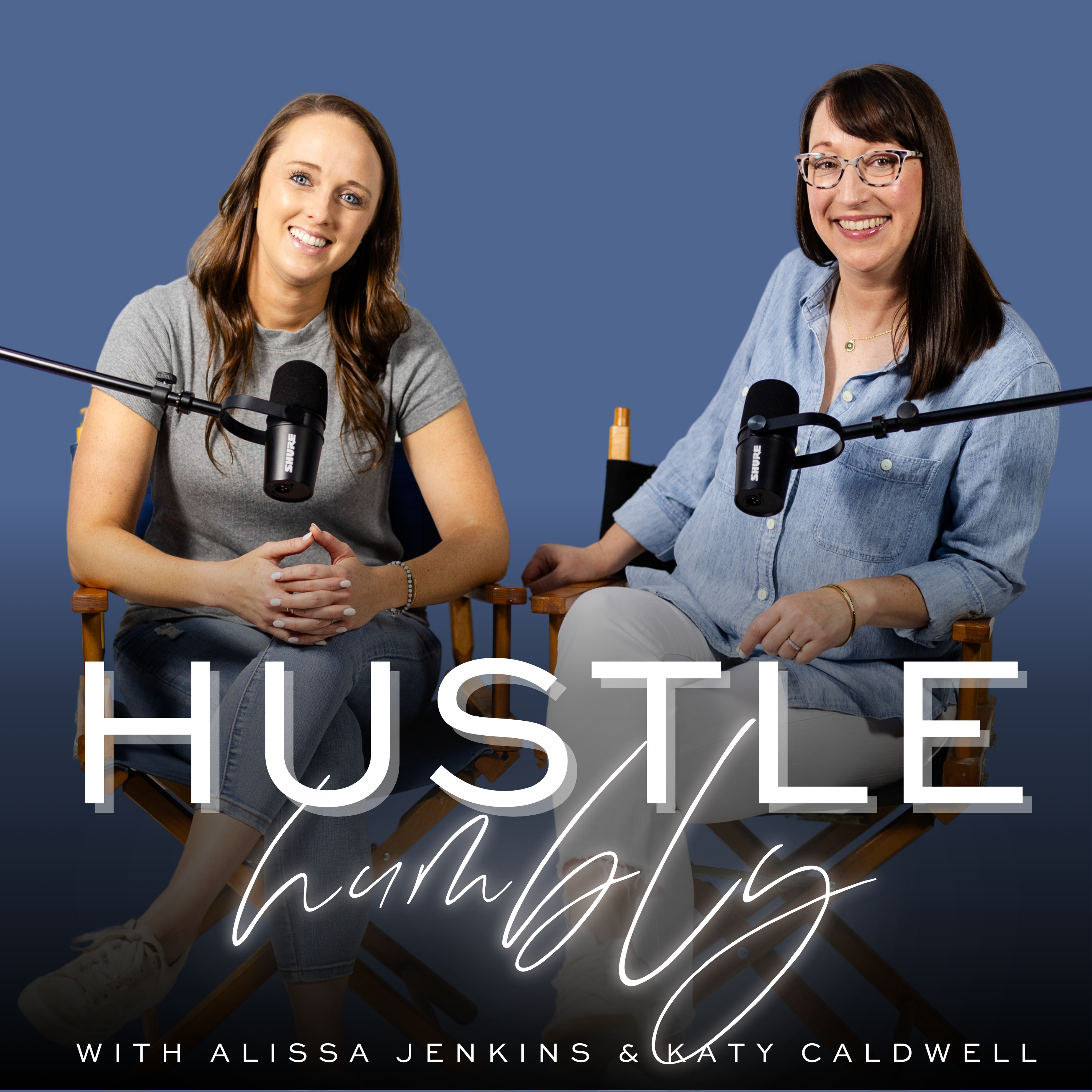Financial Wellness for Realtors: Managing Money with Confidence
The Importance of Financial Planning in Real Estate
As a real estate professional, financial planning is crucial. Unlike W-2 employees, realtors must manage taxes, business expenses, and investments independently. Understanding cash flow, setting aside savings, and making smart investment choices can ensure long-term financial security.
Building an Emergency Fund
A common question among agents is how much to set aside for emergencies. Many financial advisors recommend having at least three to six months of expenses saved. Since real estate income can fluctuate, a larger cushion can provide peace of mind during slow months.
Taxes: Avoid Surprises
Many realtors are caught off guard by tax bills. Setting aside 25-35% of each commission check for taxes is a good rule of thumb. Hiring a bookkeeper or CPA can help ensure estimated quarterly tax payments are accurate, preventing unexpected debt.
Business Structure: LLC vs. S Corp
For new agents, operating as a sole proprietor is standard. However, as income grows, forming an LLC or S Corp can offer tax advantages.
- LLC: Provides legal protection and allows for tax flexibility.
- S Corp: Helps reduce self-employment taxes by requiring a reasonable salary while taking additional profits as distributions.
Consult a CPA to determine the best structure based on income and tax liability.
Tracking Expenses and Budgeting
Maintaining a separate business bank account is essential. Use accounting software or hire a bookkeeper to track expenses. Common expense categories include:
- Marketing and Advertising: Professional photography, social media ads, and direct mail.
- Operational Costs: CRM software, office space, and continuing education.
- Networking and Client Retention: Events, gifts, and lunches with referral partners.
Wealth Building and Investment Strategies
A well-rounded approach to financial wellness for realtors includes investing in retirement accounts like a SEP IRA, Roth IRA, or 401(k). Diversifying investments beyond real estate, such as stocks or mutual funds, can also provide stability.
Some realtors use rental properties as a retirement strategy, selling properties over time to fund their later years. Others invest in index funds or ETFs for long-term wealth building. The key is to invest in what you understand and can manage effectively.
Commission Breakdown: Allocating Income Wisely
A simple method for managing commissions is the PROFIT system:
- P – Pay Yourself: 35% towards personal income.
- R – Rainy Day Fund: Emergency savings (adjust as needed).
- O – Opportunity: Business reinvestment (website, training).
- F – Future: Retirement savings or debt payoff.
- F – Fun: Travel or personal rewards.
- I – Impact: Charitable giving.
- T – Taxes: 25-35% for estimated payments.
This system helps balance immediate needs with future financial stability.
The Role of a Financial Advisor or CPA
Many realtors hesitate to hire a CPA or bookkeeper, but professional guidance often saves more money than it costs. A financial expert can help with:
- Tax planning and deductions
- Setting up retirement accounts
- Structuring an LLC or S Corp
- Quarterly and yearly financial reviews
Conclusion: Take Control of Your Financial Future
Financial wellness for realtors requires proactive planning. Start by tracking expenses, saving for taxes, and investing in long-term wealth-building strategies. Whether through real estate, stocks, or retirement accounts, financial stability ensures business longevity and personal freedom.
By creating a solid financial foundation, realtors can avoid stress and focus on growing their business with confidence.
Leave us a review at RateThisPodcast.com/HustleHumbly
Get your FREE Database Template
Submit your topic ideas and toasts to Hello@HustleHumblyPodcast.com.
—————–
Rate, Review, & Follow on Apple Podcasts
“I love Katy and Alissa and The Hustle Humbly Podcast.” <– If that sounds like you, please consider rating and reviewing our show! This helps us support more people — just like you — move toward the life and business that they desire. Click here,
scroll to the bottom, tap to rate with five stars, and select “Write a Review.” Then be sure to let us know what you loved most about the episode!
Also, if you haven’t done so already, follow the podcast. We’re adding a bunch of bonus episodes to the feed and, if you’re not following, there’s a good chance you’ll miss out. Follow now!
